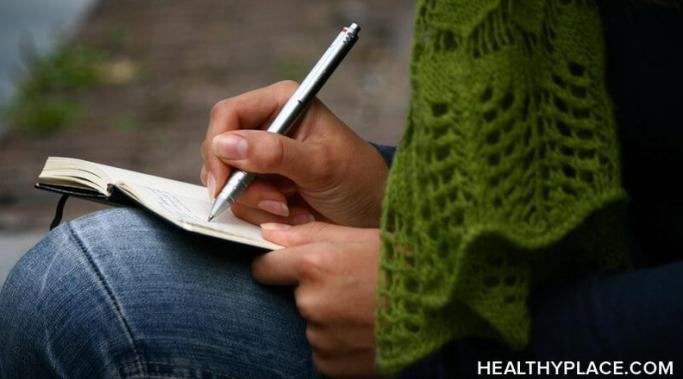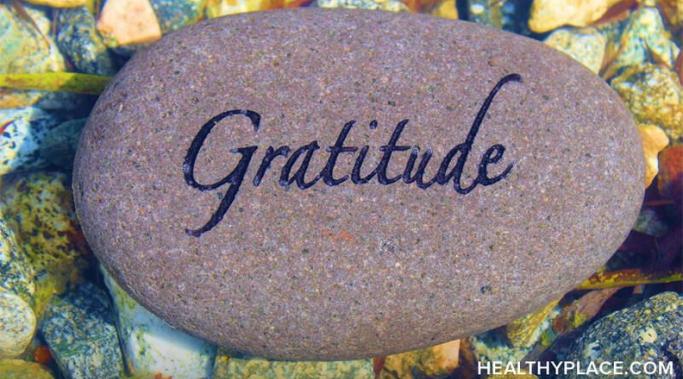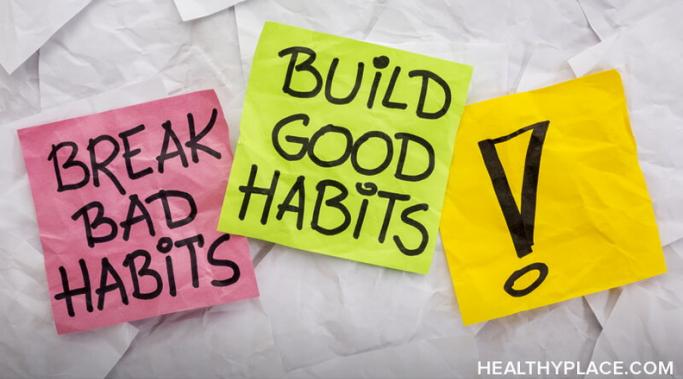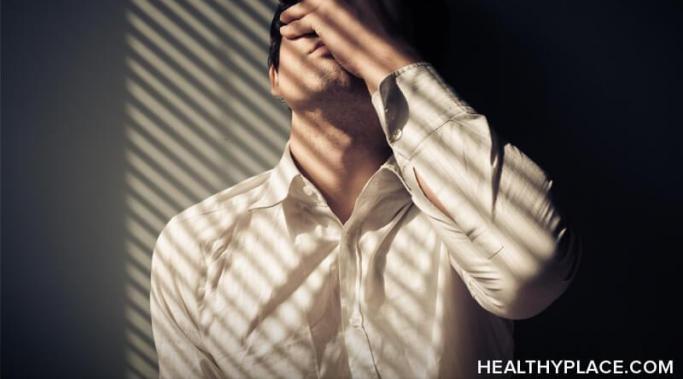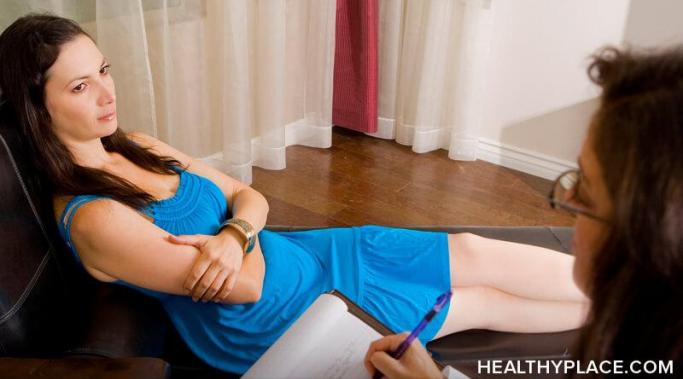I fell into habit tracking because in a world that is constantly changing, having clearly defined action steps is comforting. I’m able to trick my mind into creating a productive routine that feels more like a game than a chore. Sticking to healthy routines has a tremendous, positive impact on my mental health, and it’s never been easier to do because I found a way that I enjoy (because who doesn’t like the feeling of being able to check off boxes?)
Self-Improvement - Recovering from Mental Illness
Setting goals is great, but setting realistic goals is even better. It’s the beginning of a new year, which means it’s the beginning of New Year’s resolutions season. While thinking about my self-improvement, I believe it’s important to set realistic goals that are easier to maintain and won’t leave me feeling like I’m fighting against the impossible.
I like to practice gratitude in recovery. This is because recovering from a mental illness is difficult and often comes with dark moments. In my own journey, there have been many times when I've felt discouraged and disengaged and ultimately have asked myself, "Is recovering worth it?" Well, yes, it is worth it, but it's nice to have reminders. I've taken my gratitude practices very seriously in the last few years, and they've become essential to my recovery.
Having been through the depths of despair in my gambling addiction journey, I can confidently say that financial health is one of the most challenging areas to rebuild. The financial instability that gambling throws you into takes a lot of determination and the right strategies to overcome. My experience with debt management and regaining financial stability taught me many valuable lessons I wish to impart to others like me. Read on to learn more about rebuilding your finances after gambling addiction.
Creating a morning routine matters. Mornings can be tough when you have a mental illness. Warm covers, an hour of scrolling, and total denial of responsibilities used to be my go-to routine. While indulging in my escapism, I unknowingly set myself up for an unbalanced day. Now I've realized it's much harder to have a bad day when I've had a good morning, so building a healthy morning routine that helps my mental health has been essential in my recovery journey.
I'm someone who is always extremely anxious to reach an "end goal." This often makes it difficult to be mindful and appreciative of the steps and paths it took to achieve that goal. In recovery, it can be difficult to appreciate what life offers, but each step in life is its own gift, and enjoying the journey can be even more meaningful than reaching the destination. There is a mindful quote that helps me appreciate the journey.
One of the most complex parts of my recovery journey has been facing and letting go of the overwhelming guilt and shame I have attached to my past. These strong emotions can be difficult to work through, but there is freedom in learning from guilt. I am working on finding the lesson in each circumstance and letting go.
I think about diagnosis a lot—mostly because I live with undiagnosed mental illnesses. Even as a child, I never received any diagnosis for the struggles I faced, and, as an adult, all my diagnoses are self-diagnosed. I know there’s a lot of stigma attached to self-diagnosis, but I want to discuss self-diagnosis, being undiagnosed with mental illness, and their roles in recovery.
I’ve never described it in these terms, but I hacked my skin-picking disorder. Excoriation disorder used to control every aspect of my life—physically and emotionally—and I was certain I’d suffer forever. Today, I can share with you that this is far from reality. I might have skin picking disorder, but it doesn’t have me.
Up to this point in my life, addressing my mental health struggles and seeking recovery has been personal work, and I've never been to therapy to help with mental health conditions. I’ve learned about my illnesses and done self-reflection and soul-searching. It’s been by myself, except for a stint of attending peer support groups and being a part of online peer support groups. During all this time, I’ve wondered, would I benefit from therapy for my mental health?
